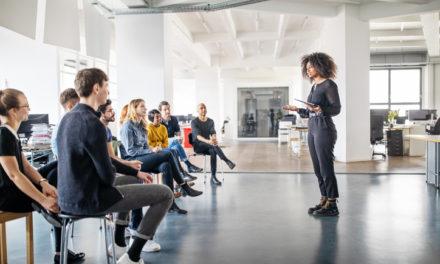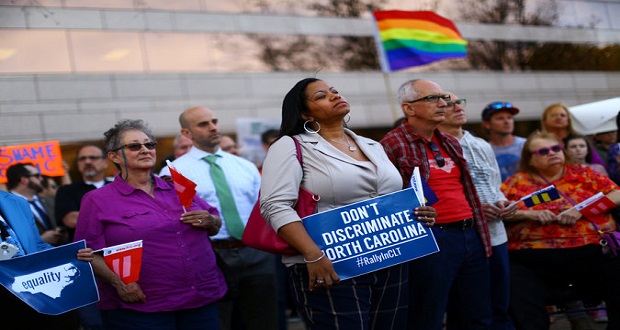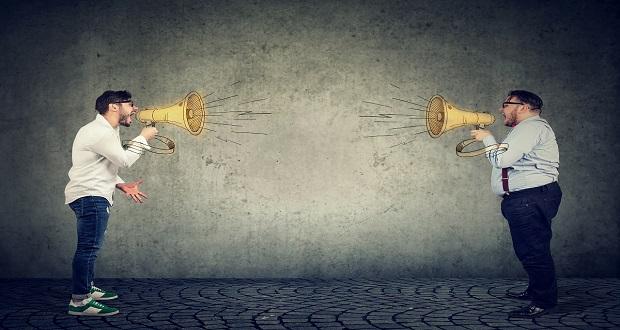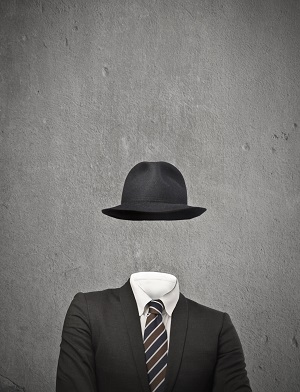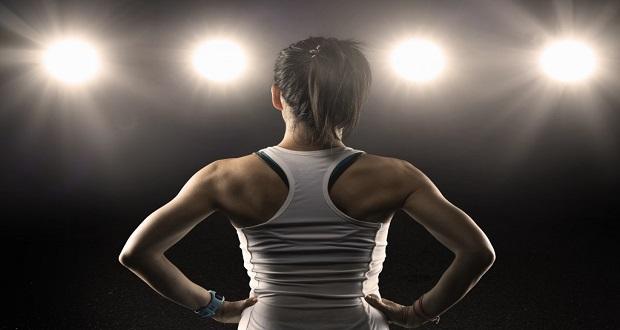
We are all on our own individual diversity, equity and inclusion path. The wonderful beauty of this field is that it is always evolving, and there are always new perspectives to ponder, navigate and analyze as we all try to move toward the best understanding we can develop in this area. Last week I had a major “Aha!” moment on my own D&I journey, but it was one that felt like a stumbling block, and not a step forward: I found myself struck by my own unconscious bias towards women.
I had a major “Aha!” moment on my own D&I journey, but it was one that felt like a stumbling block, and not a step forward: I found myself struck by my own unconscious bias towards women. Click To TweetSome background: I am scheduled to give a keynote address to our female fans who registered for a Women’s Football Camp at our training facility. The event is designed to be an educational experience for female fans, where they can learn about the game and the business of football. Sessions include skills and drills, film breakdown, a behind-the-scenes look with our General Manager, and historical perspectives of the Vikings franchise.
I was asked to contribute by speaking during the lunch portion of the day. My background is in the area of salary cap management and player contract negotiations. My (seemingly) obvious area of contribution to an educational event would be an explanation of how the salary cap works, and what goes into managing it. However, when asked by the organizing committee to give them a summary of my session, I instead found myself thinking about sharing my career journey from a women’s empowerment angle – because (cue inner voice), certainly 150 women are not going to be interested in hearing about salary cap planning and contract negotiations!
Approximately one second after that thought occurred to me, a switch flipped in my brain. Here I am, a woman who is a lifelong sports fan working in the professional sports industry (my soon-to-be-released website describes me as a “Feminist Sports Executive” for crying out loud!) and my first thought was that a group of female fans who signed up for an educational football experience would not in a million years want to hear about the business side of the NFL.
I rebounded and told the organizing committee that they could name my session “Salary Cap 101” and went to work building out my presentation, but I’ve been sitting with this experience ever since. It’s not hard for me to imagine that if it were an educational clinic marketed to our general fan base – regardless of gender – I would have never assumed the topic of my speech to be centered around anything but what my professional role is with the team, and ways to educate those in attendance about the work I do.
This experience flies in the face of what I know to be true – that women do follow football seriously and invest their time into understanding the game, and they do so because they want to – not because they are trying to impress a man, and not because they feel they need to do so to fit in with men. I am one of these women. I grew up keeping score at Twins games and prioritizing my time around whatever game might be on that day that I wanted to watch.
But as I think deeper about my own lived experience as a sports fan, I realize that one of the main narratives of my story for a very long time was that I was a novelty. It was always “interesting” that a girl or woman genuinely liked sports and was current on stats; it was never just expected or readily accepted. Even now, as a professional in my field, I get tested by men who find it hard to believe I could actually know what I’m talking about when it comes to sports.
The embarrassing reality I faced when encountered with my knee-jerk reaction to presenting at a Women’s Football Camp was that I, also, subconsciously, found it hard to believe that other women could possess a deep knowledge and appreciation for the game of football.
The embarrassing reality I faced when encountered with my knee-jerk reaction to presenting at a Women’s Football Camp was that I, also, subconsciously, found it hard to believe that other women could possess a deep knowledge and… Click To TweetThe first step towards confronting our own unconscious biases is admitting to them. This one is especially difficult for me to admit to, because it counters everything I believe to be true about myself. In fact, I even thought more than twice about whether it would be a good idea to write about this topic, because of how vulnerable it makes me feel. But how can I ask others to get in touch with their own unconscious biases if I can’t begin the work of confronting my own?
The truth is that most of these biases are learned at an early age. Every time someone at a ballgame commented on me keeping score as a young girl, this served to foster a stereotype in my own mind that what I was doing was unusual. My work now is to confront my own thoughts and behaviors going forward and figure out where they are coming from so that I can, over time, reduce the effects of my own unconscious biases towards others.
Biases are learned at an early age. Every time someone at a ballgame commented on me keeping score as a young girl, this served to foster a stereotype in my own mind that what I was doing was unusual. Click To Tweet
